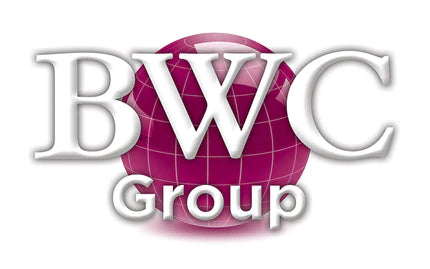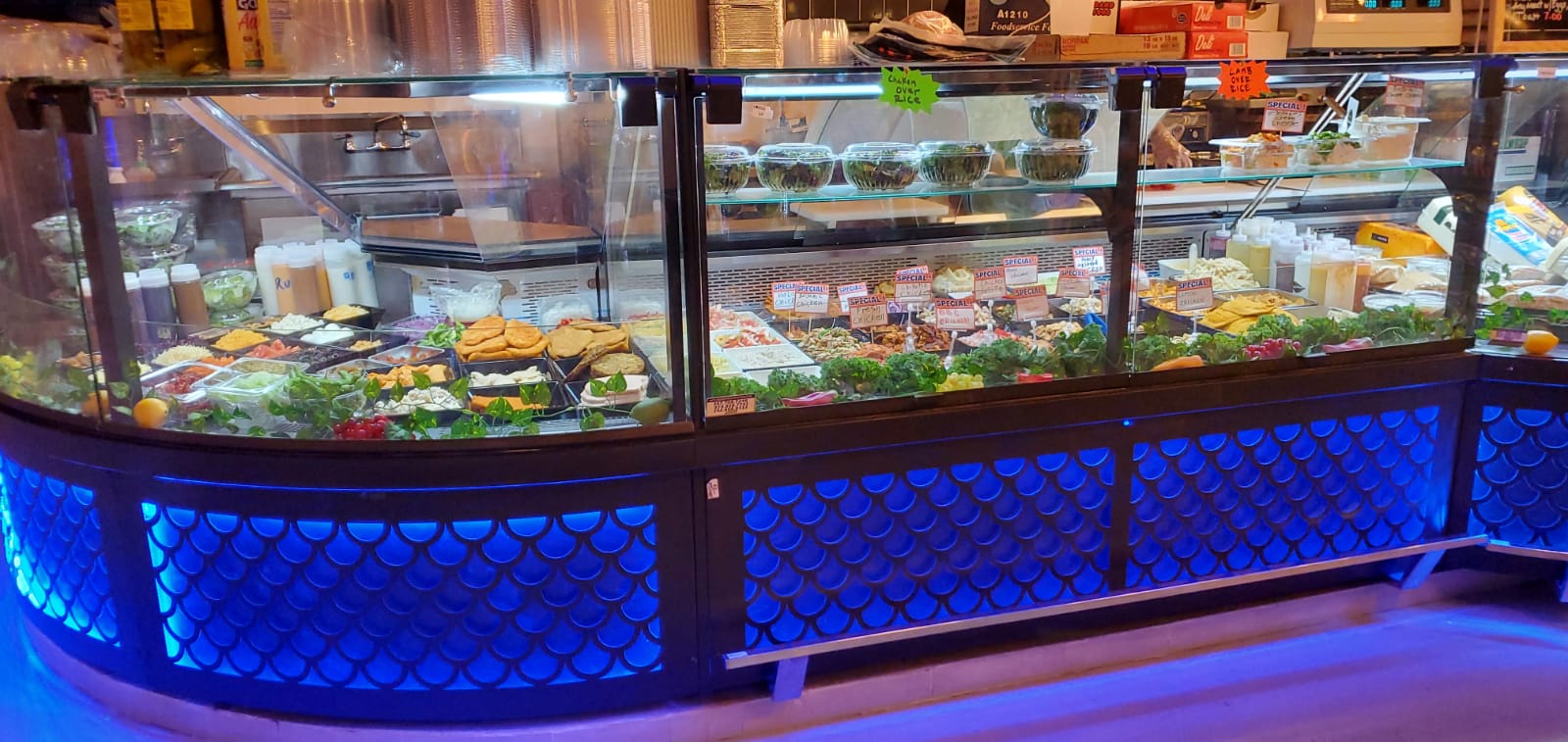Frequently Asked Questions
Collapsible content
What size refrigeration unit do I need for my establishment?
The size of the refrigeration unit needed depends on factors such as the size of your establishment, the volume of food you need to store, and the types of food being stored. It's best to consult with experts at BWC to determine the appropriate size for your specific needs. For standard size products visit our online shop or contact us for a customized project.
How often should I clean and maintain my refrigeration equipment?
Refrigeration equipment should be cleaned and maintained regularly to ensure optimal performance and food safety. Generally, it's recommended to clean condenser coils every 3-6 months, while interior cleaning should be done weekly or as needed. Regular maintenance checks should be conducted according to the manufacturer's guidelines.
What temperature should my refrigeration units be set at for optimal food safety?
Refrigeration units should typically be set to maintain temperatures between 34°F and 40°F (1°C to 4°C) for refrigerators and below 0°F (-18°C) for freezers to ensure food safety and prevent bacterial growth.
How do I troubleshoot common issues with refrigeration equipment, such as temperature fluctuations or leaks?
Common issues like temperature fluctuations or leaks can often be resolved by checking for obstructions in airflow, cleaning condenser coils, ensuring proper door seals, and checking for leaks in refrigerant lines. If issues persist, it's best to consult with a qualified technician for further diagnosis and repair.
What are the energy efficiency ratings of different refrigeration models, and how can I choose the most energy-efficient option?
Energy efficiency ratings vary among different refrigeration models, with ENERGY STAR certification being a common indicator of energy efficiency. When choosing a refrigeration unit, look for models with higher energy efficiency ratings and features such as LED lighting, digital temperature controls, and energy-saving modes.
Do I need specialized refrigeration equipment for storing certain types of food, such as produce, meat, or dairy products?
Yes, certain types of food may require specialized refrigeration equipment with specific temperature and humidity controls to ensure freshness and prevent spoilage. For example, meat and dairy products typically require colder temperatures than produce. Explore our collections to find the right fit for your specific needs.
What types of warranties and support options are available for commercial refrigeration equipment?
Warranties and support options vary among manufacturers. This may include, standard warranties; covering parts and labor for a certain period, extended warranties; for additional coverage, and service agreements; for ongoing maintenance and support.
Are there any regulations or guidelines I need to follow when installing or operating refrigeration equipment, such as health department requirements?
Yes, there are regulations and guidelines set by health departments and other regulatory bodies that dictate the proper installation, operation, and maintenance of refrigeration equipment to ensure food safety and compliance with health and sanitation standards.
What additional features or accessories are available for refrigeration units, and are they worth the investment?
Additional features and accessories for refrigeration units may include temperature alarms, remote monitoring capabilities, adjustable shelving, and custom configurations. Whether these features are worth the investment depends on your specific needs and budget.

